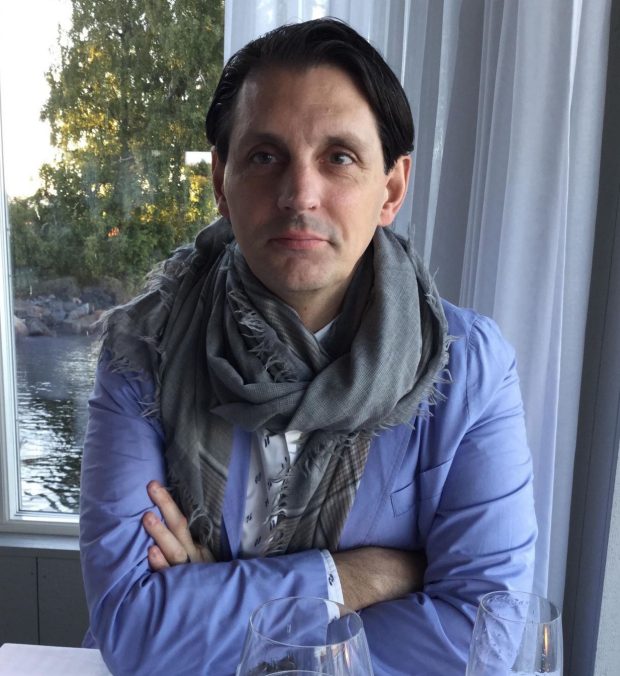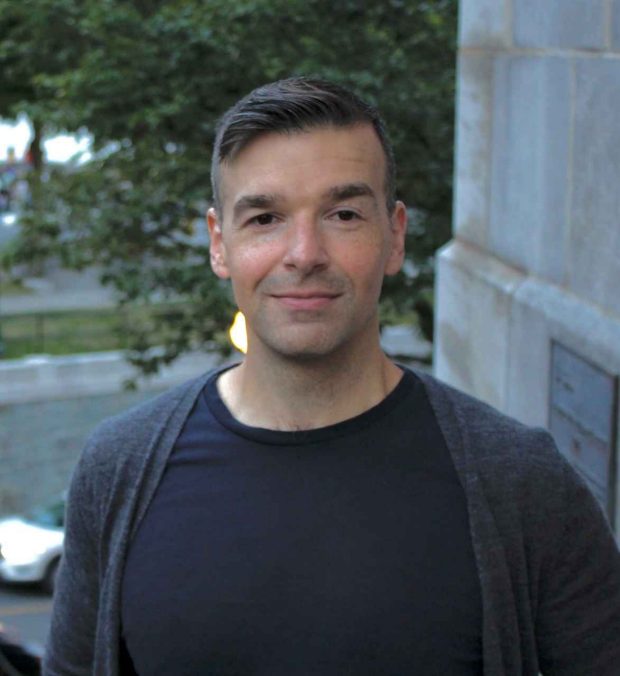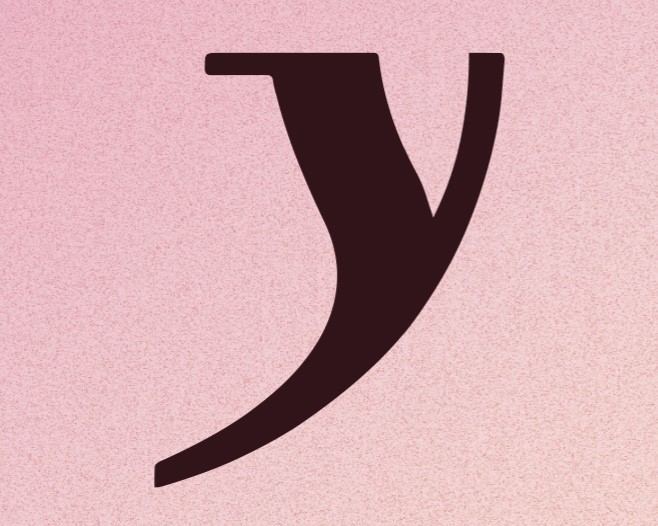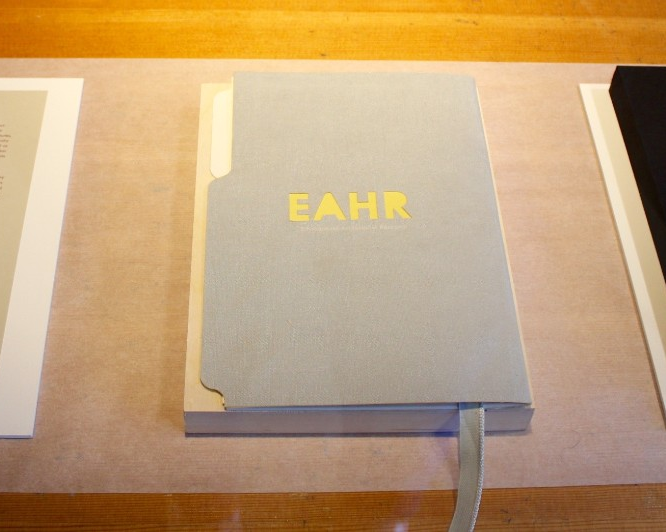ART HISTORY FOR THE 21ST CENTURY
Special funding for out-of-province students
Up to $4,000 for undergraduate programs.
Up to $9,251 for Master's thesis programs.
Learn about historical, modern, and contemporary art forms. Discover craft, fashion, photography, architecture, design, and new visual technologies. Explore cross-cultural perspectives, Indigenous methodologies, gender and queer theory, and so much more. Study at Concordia and join the next generation of art historians, curators, and critics.
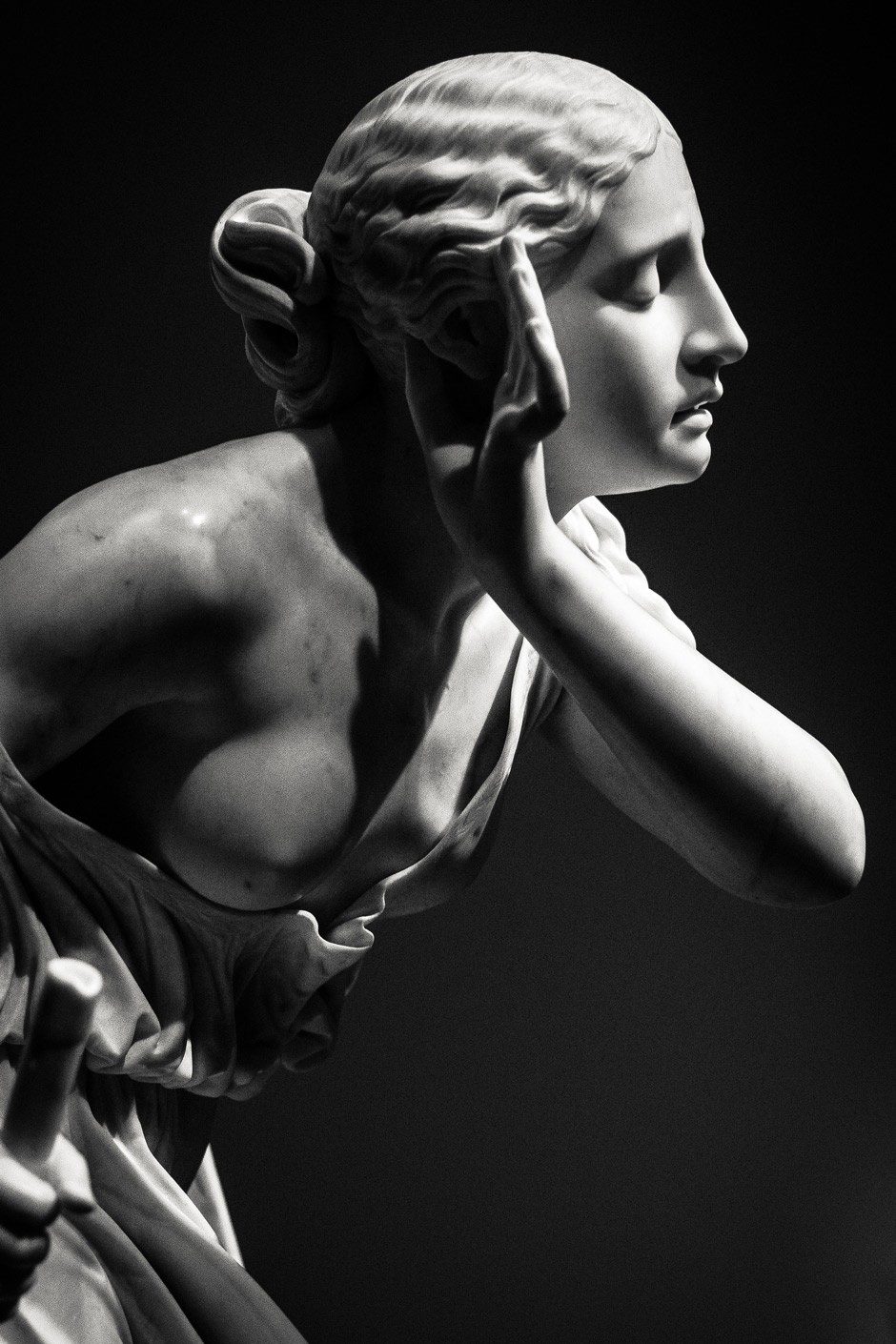
Photo by Zack Jarosz on Pexels
UNDERGRADUATE
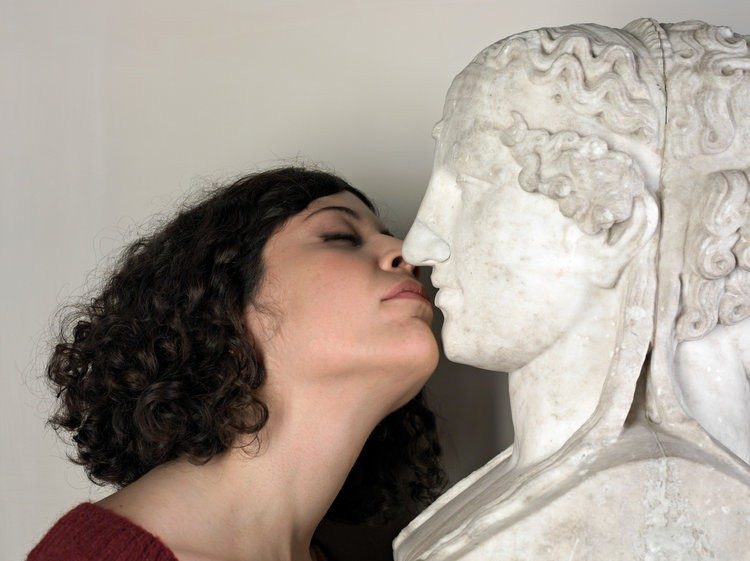
Adad Hannah, Aphrodite, 2008
Art History is interdisciplinary
Art History encompasses a study of sexuality, race and gender, business and economics, politics, culture and society. It depends on a vast array of theories and methods. What makes our department exciting and fairly unique is that professors’ research and the courses they offer explore a genuinely wide scope of topics and allow students to benefit from a broad understanding of what constitutes art in both historical and contemporary contexts.
Important dates
The first day of the Summer 1 term is May 8. The DNE deadline is May 15, and the next DISC deadline is on June 19, 2024.
The first day of the Summer 2 term is July 2. The DNE deadline is July 9, and the DISC deadline is on August 12, 2024.
Spotlight on

The Esse x Art Volt Writing Residency
Art Volt are now accepting submissions from recent alumni of Concordia University’s Faculty of Fine Arts for the second edition of the Esse x Art Volt Writing Residency.
Deadline: Tuesday, May 21st, 2024 at 5PM
Current undergraduate students
Events
Territorial Acknowledgement
We would like to begin by acknowledging that Concordia University is located on unceded Indigenous lands. The Kanien’kehá:ka Nation is recognized as the custodians of the lands and waters on which we gather today. Tiohtià:ke/Montréal is historically known as a gathering place for many First Nations. Today, it is home to a diverse population of Indigenous and other peoples. We respect the continued connections with the past, present and future in our ongoing relationships with Indigenous and other peoples within the Montreal community.

